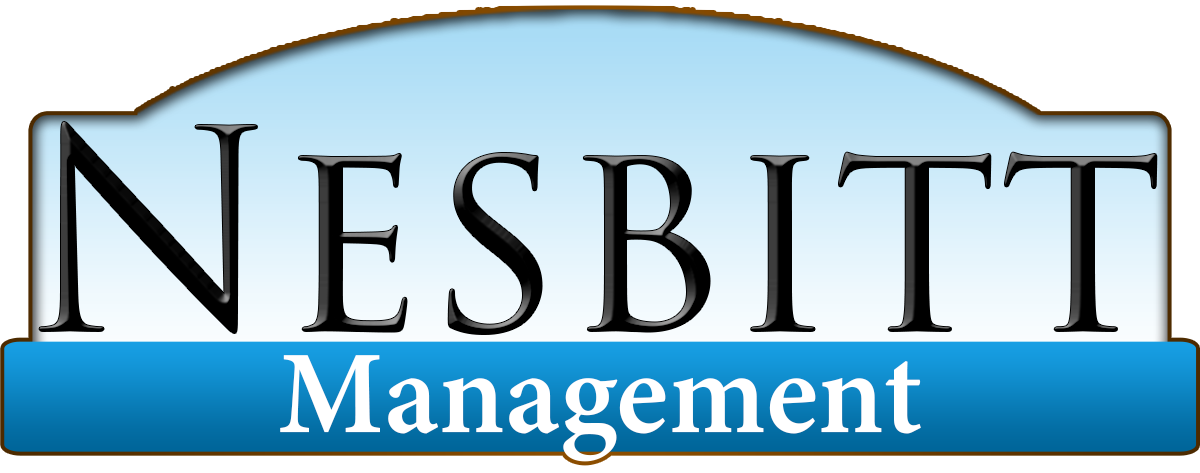Ah, property taxes—the inevitable reality of owning real estate. As much as we all wish they could be avoided (like that one cousin who only calls when they need something), they’re part of the deal. If you’re a landlord, understanding property taxes is essential for managing rental income. They have a direct impact on how much cash you’ll actually pocket after all is said and done.
At Nesbitt Realty, we’ve helped landlords navigate this sometimes confusing world, so grab a cup of coffee (or something stronger), and let’s break down the impact of property taxes on your rental income—with a touch of humor to make it all a little less painful.
1. Property Taxes 101: What Are They, and Why Should You Care?
First things first: property taxes are taxes levied by the local government based on the assessed value of your property. In simple terms, it’s a bill you pay for the privilege of owning land or buildings. These taxes are typically used to fund local services like schools, public safety, and infrastructure.
Now, you might be thinking, “Great, but how does this affect my rental income?” Well, property taxes are an
operating expense—and depending on where your rental property is located, they can be a sizable one. The higher your property taxes, the less profit you’re making from your rental income. And if you own multiple properties, you might feel like Uncle Sam (or rather, your local tax assessor) is taking a bigger bite out of your income pie than you’d like.
2. Location, Location, Location—Yes, It Affects Property Taxes Too!
Just like with real estate values, property taxes vary widely depending on where your rental property is located. Properties in desirable areas with strong schools, good public services, and booming infrastructure often come with higher property taxes. It’s the price you pay for owning prime real estate—literally.
For example, Northern Virginia, where Nesbitt Realty operates, has a range of property taxes depending on the county or city. If you own a rental property in a high-tax area like Arlington, you’ll want to account for those taxes when setting your rent prices.
If you fail to factor property taxes into your rental pricing, you may find that the checks you’re cashing don’t quite match the number on your spreadsheet. Not to worry—at Nesbitt Realty, we make sure landlords are informed and prepared, so you’re not caught off guard when those tax bills arrive.
3. The Snowball Effect: How Property Taxes Can Rise Over Time
Here’s the not-so-fun part: property taxes tend to increase over time. As local governments reassess property values and inflation does its thing, you’ll likely see your property tax bills go up year after year. It’s the “gift” that keeps on giving (whether you want it or not).
For landlords, this means you’ll need to be proactive in adjusting rent over time to keep up with rising taxes. Otherwise, that nice rental income you were enjoying might start to shrink faster than a sweater in a hot dryer. At Nesbitt Realty, we recommend reviewing your rental prices periodically to ensure that you’re covering all expenses—including those sneaky property taxes.
4. How to Offset the Impact of Property Taxes on Rental Income
While property taxes are inevitable, there are a few strategies you can use to offset their impact on your rental income:
- Set the Right Rent Price: One of the simplest ways to cover rising property taxes is to increase your rent accordingly. Now, before you go hiking up the rent too high, remember to stay competitive with the local rental market. If you price yourself out, you’ll end up with a vacant unit—an even worse hit to your income.
- Challenge Your Property Assessment: If you think your property’s assessed value (and thus your property tax bill) is too high, you can challenge it. This can be a time-consuming process, but at Nesbitt Realty, we’ve seen landlords successfully lower their property taxes by providing evidence that their property was overvalued by the local tax assessor. It’s like giving yourself a mini tax refund!
- Utilize Tax Deductions: Remember, property taxes are tax-deductible as a rental expense. So while paying them might sting, you’ll at least get a bit of relief when it comes time to file your income taxes. Be sure to keep detailed records of all expenses related to your rental property to maximize your deductions.
5. Think Long-Term: The Trade-Off Between High Taxes and High Value
While high property taxes might feel like a punch to the gut, they often come with a silver lining. Properties in high-tax areas tend to appreciate faster over time, meaning your rental property could become more valuable in the long run. It’s a bit of a balancing act—yes, you’re paying more in taxes now, but you might sell the property for a much higher price later.
At Nesbitt Realty, we help landlords keep the big picture in mind. Sure, the property tax bill might make you groan, but if your property’s value is climbing, that’s a good sign that your investment is paying off.
Final Thoughts: Taxes Aren’t All Bad (Really!)
While property taxes are a necessary evil, they don’t have to be a dealbreaker. By understanding how they impact your rental income and taking proactive steps to offset them, you can still make a healthy profit from your rental properties.
At Nesbitt Realty, we help landlords navigate the complexities of owning rental properties, from property taxes to maintenance and everything in between. So the next time that tax bill lands in your mailbox, just remember—you’ve got a partner in us to help you stay profitable, even when Uncle Sam comes knocking.
And hey, at least property taxes aren’t like that cousin—they don’t expect you to invite them to Thanksgiving dinner.
